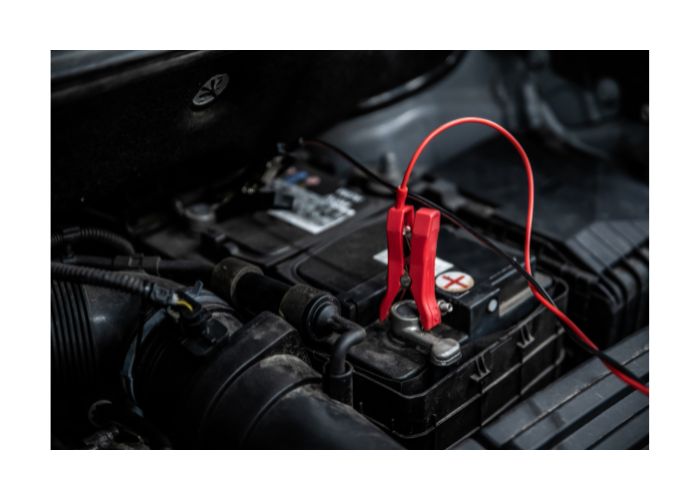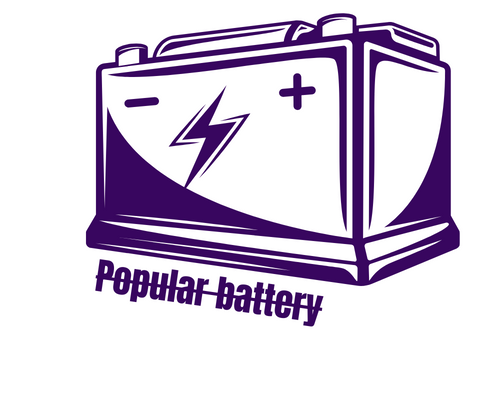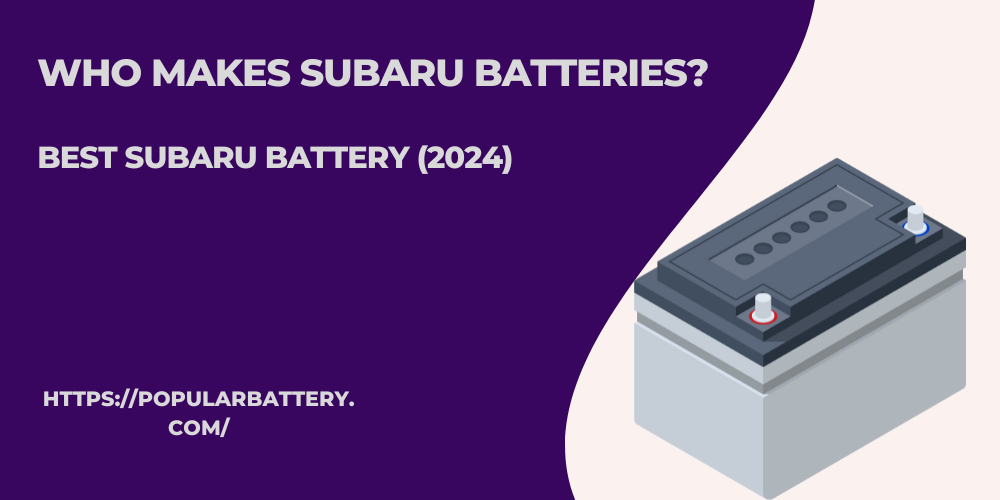who makes Subaru batteries? best subaru battery (2024). Subaru, like many automakers, relies on various suppliers for its battery needs, especially as the automotive industry shifts towards electrification. For its traditional combustion engine vehicles, Subaru uses batteries primarily for starting, lighting, and ignition purposes.
Subaru’s electric vehicle (EV) batteries are supplied through partnerships and collaborations, notably with Toyota as part of their cooperative efforts in developing EV technology.
These batteries are lead-acid types, and manufacturers can vary by region and model. For Subaru’s hybrid and electric vehicles (EVs), the situation is more complex. Subaru has been involved in a partnership with Toyota, another major Japanese automaker, to develop hybrid technologies and, more recently, electric vehicles.
who makes Subaru batteries? best subaru battery (2024). Understanding Car Batteries.

- Basic Functionality:
- The primary role of a car battery is to supply electrical power to the starter motor, which in turn starts the engine. Once the engine is running, the power for the car’s electrical systems is supplied by the alternator, which also recharges the battery.
- Types of Car Batteries:
- Lead-Acid Batteries: The most common type, known for good capacity and affordability, but they require regular maintenance.
- AGM (Absorbent Glass Mat) Batteries: These are more expensive but offer longer life, faster charging, and are maintenance-free. Ideal for vehicles with start-stop systems and high electrical demands.
- Lithium-Ion Batteries: Used in electric and hybrid vehicles, they offer a high energy density, lighter weight, and longer lifespan but at a higher cost.
- Understanding Specifications:
- Cold Cranking Amps (CCA): This measures the battery’s ability to start an engine in cold temperatures.
- Reserve Capacity (RC): Indicates how long a battery can run essential functions if the alternator fails.
- Ampere-Hour (Ah) Rating: Represents the battery’s electrical storage capacity, determining how long it can supply power without charging.
- Maintenance Tips:
- Ensure the battery terminals are clean and corrosion-free to maintain a good electrical connection.
- Keep the battery securely mounted to prevent damage from vibrations.
- Regularly check the battery charge level, especially during extreme weather conditions, to avoid unexpected failures.
- Signs of Battery Failure:
- Difficulty in starting the vehicle, especially in cold weather.
- Dimming headlights and interior lights, indicating the battery is unable to supply sufficient power.
- Swollen battery case or acid leaks, which could indicate overcharging or failure.
- The battery warning light on the dashboard is illuminated, signaling potential charging system issues.
Subaru’s Approach to Batteries.

- Partnership and Collaboration:
- Subaru has strategically partnered with Toyota, a leader in hybrid technology, to develop advanced battery systems for hybrid and electric vehicles (EVs). This collaboration allows Subaru to leverage Toyota’s extensive research and development in battery technology, ensuring high-quality, efficient power sources for its vehicles.
- Focus on Lithium-Ion Technology:
- For its electric and hybrid models, Subaru primarily uses lithium-ion batteries due to their high energy density, longer life cycle, and efficiency. This choice supports the company’s goal of producing vehicles that not only meet but exceed environmental standards while providing the performance Subaru drivers expect.
- Investment in Research and Development:
- Understanding the critical role of batteries in the future of automotive technology, Subaru invests heavily in research and development (R&D) to explore innovative solutions for battery efficiency, capacity, and sustainability.
- Sustainable Manufacturing Practices:
- Subaru is committed to sustainability not just in its vehicles but throughout its manufacturing process. This includes efforts to reduce the environmental impact of battery production, such as minimizing waste and using materials that are recyclable and less harmful to the environment.
- Future Electrification Goals:
- As part of its long-term strategy, Subaru has outlined ambitious plans to electrify its vehicle lineup. This includes launching fully electric models and increasing the number of hybrid options available, all powered by advanced battery technologies that align with Subaru’s commitment to reducing carbon emissions and promoting cleaner, more sustainable transportation.
Who Makes Subaru Batteries?
Subaru’s electric and hybrid vehicle batteries are primarily supplied through their partnership with Toyota, leveraging shared technology and resources. For conventional vehicles, Subaru sources batteries from various manufacturers, adapting to global and regional needs. These partnerships ensure Subaru vehicles are powered by reliable and efficient battery technology.
The Future of Subaru Batteries.

- Enhanced Partnership Synergies:
- Subaru will deepen its collaborations, notably with Toyota, to harness advanced battery technologies and shared R&D efforts, aiming to innovate faster and more efficiently in the electric vehicle (EV) space.
- Adoption of Next-Generation Battery Technologies:
- Subaru is set to explore and adopt cutting-edge battery technologies, such as solid-state batteries, which promise higher energy density, faster charging times, and improved safety over current lithium-ion batteries.
- Expansion of Electrified Lineup:
- Subaru plans to expand its range of hybrid and fully electric vehicles, committing to a broader electrified lineup. This shift will be supported by enhanced battery capabilities to meet diverse customer needs and driving experiences.
- Focus on Sustainability:
- In line with global environmental goals, Subaru’s battery strategy includes a strong focus on sustainability. This includes efforts to source eco-friendly materials, reduce emissions and waste during production, and enhance recyclability of battery components.
- Investment in Infrastructure and Services:
- Recognizing the importance of supporting infrastructure for the adoption of EVs, Subaru aims to invest in charging infrastructure and battery-related services. This includes potential partnerships for charging solutions and battery health monitoring to enhance the ownership experience.
Partnerships and Collaborations.

Subaru’s strategic partnerships and collaborations, particularly with Toyota, play a crucial role in its advancement in battery technology and electrification efforts. These alliances allow Subaru to access cutting-edge research, share development costs, and bring innovative, efficient battery solutions to its hybrid and electric vehicles, aligning with its sustainability goals.
Conclusion
Subaru’s batteries, essential for powering their range of vehicles, are sourced through strategic collaborations and partnerships, notably with Toyota for electric and hybrid technologies. Additionally, Subaru relies on various manufacturers for the batteries in their conventional vehicles, ensuring quality and efficiency across their lineup through these key relationships.
Faqs
Qno1: What brand of batteries does Subaru use?
Ans: Subaru utilizes batteries from multiple suppliers, including collaborations with Toyota for hybrid and electric vehicle technologies. For conventional vehicles, the brand sources from various manufacturers to meet their specifications and quality standards.
Qno2: Who makes OEM Subaru battery?
Ans: OEM Subaru batteries are typically manufactured by a range of suppliers, including Panasonic and GS Yuasa, under partnerships to meet Subaru’s specifications.
Qno3: How long does original Subaru battery last?
Ans: An original Subaru battery typically lasts between 3 to 5 years, depending on usage and environmental conditions.
Qno4: How much does a Subaru battery cost?
Ans: The cost of a Subaru battery can vary widely, ranging from approximately $75 to over $200, depending on the model of the vehicle and the type of battery required (standard, AGM, or lithium-ion).
Qno5: Are Subaru cars good or bad?
Ans: Subaru cars are generally regarded as reliable, safe, and well-performing vehicles, with a strong reputation for durability and all-wheel drive capability.

